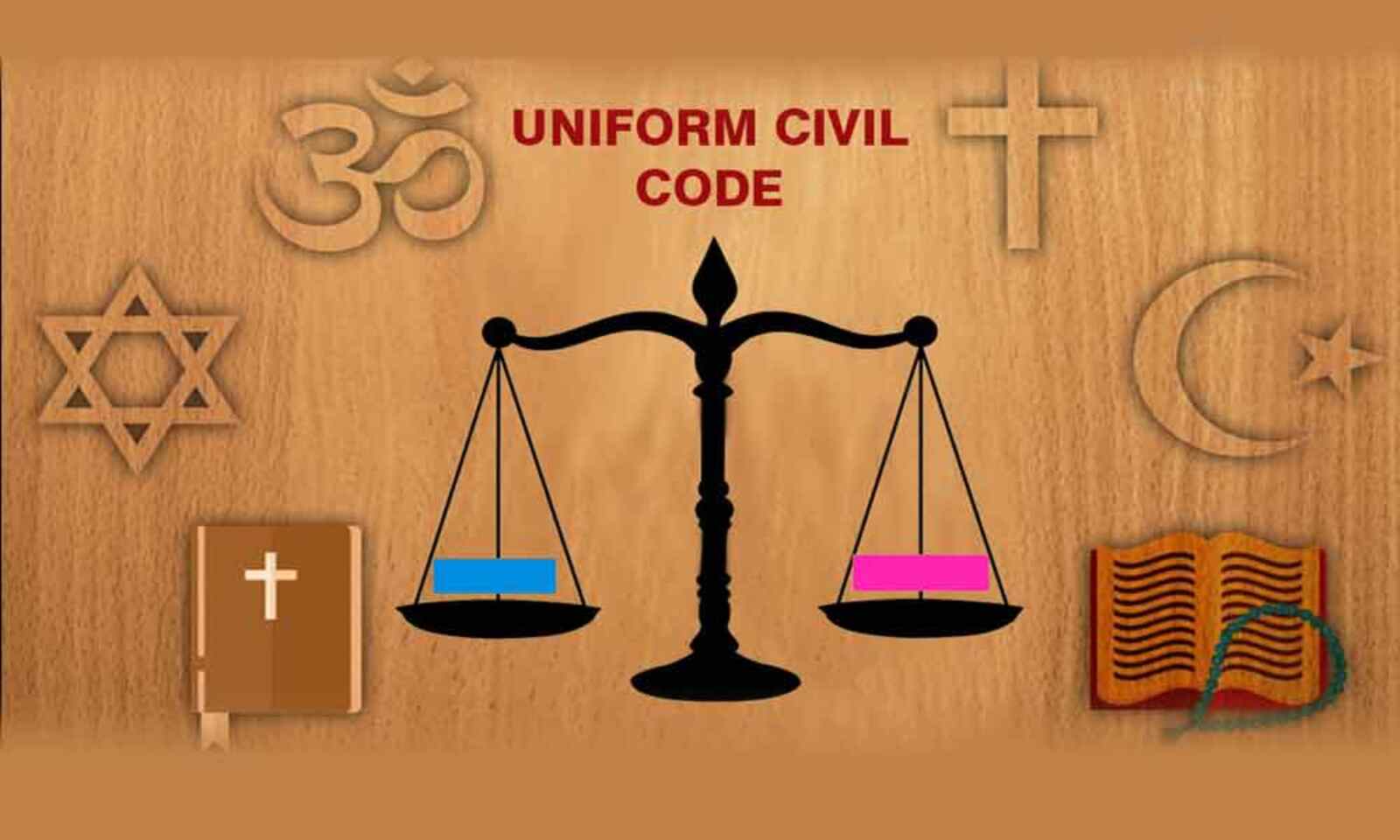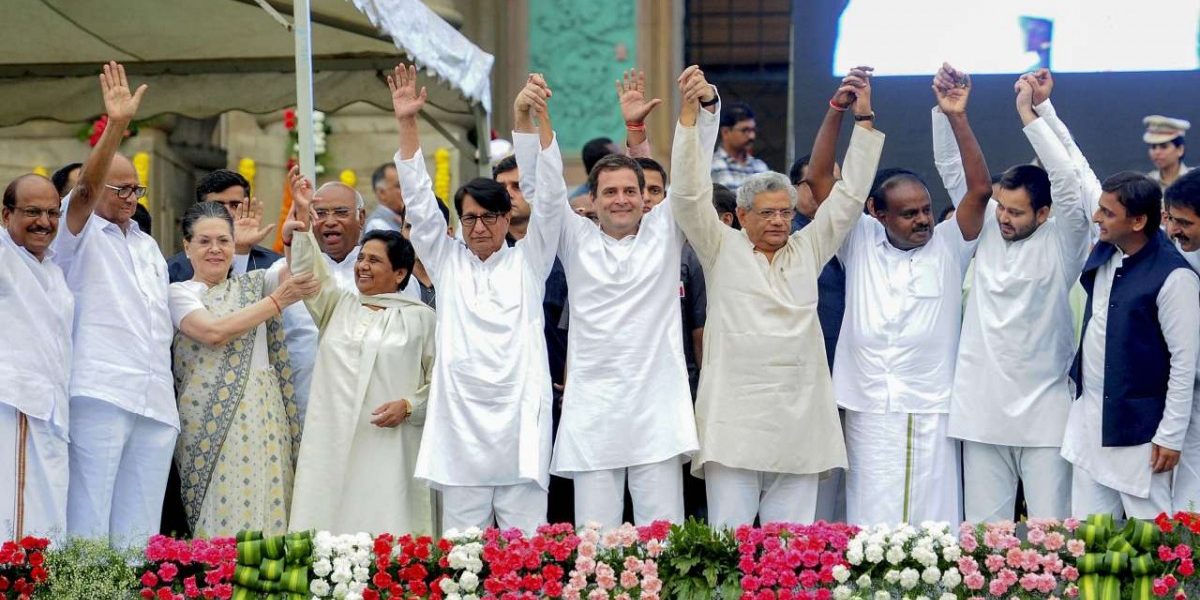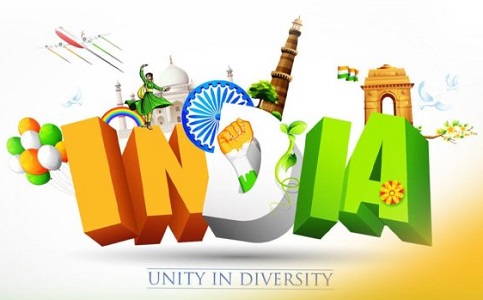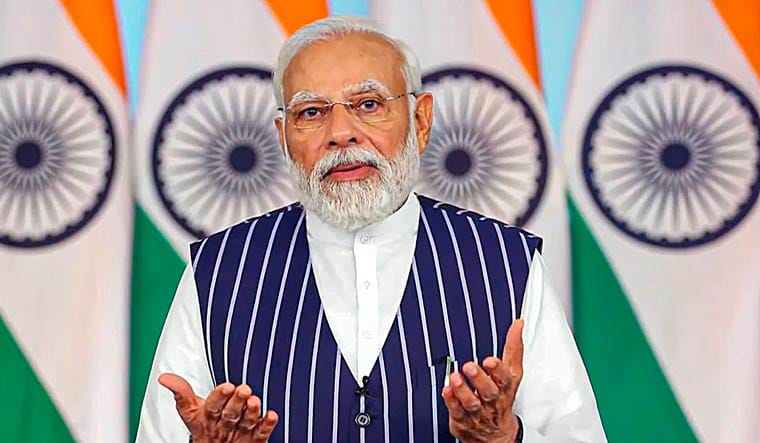In a recent statement, Prime Minister Narendra Modi accused the opposition of stirring up unrest among the people by exploiting the sensitive topic of the Uniform Civil Code (UCC). The UCC has been a subject of debate in India for several years, as it seeks to create a common set of laws governing personal matters for all citizens, irrespective of their religion. PM Modi’s remarks shed light on the political manoeuvring surrounding this contentious issue.
The Significance of the Uniform Civil Code:
The concept of a Uniform Civil Code aims to ensure equality and justice by implementing a uniform set of laws for personal matters such as marriage, divorce, inheritance, and adoption.

Currently, different religious communities in India follow their own distinct personal laws, resulting in disparities and potential discrimination. Advocates argue that a UCC would promote gender equality, secularism, and national integration. However, opponents express concerns about the potential erosion of cultural and religious autonomy.
Opposition’s Alleged Instigation:
Prime Minister Modi accused the opposition of exploiting the emotions and sentiments of different religious groups by instigating them in the name of the Uniform Civil Code. According to him, the opposition parties are using this sensitive topic to create division and unrest among the people.

PM Modi’s statement reflects the government’s frustration with the opposition’s approach to the UCC debate, suggesting that it has become a tool for political gain rather than a genuine attempt to address societal issues.
Political Maneuvering and Polarization:
The issue of the Uniform Civil Code has long been a subject of political manoeuvring and polarization in India. Various political parties have used it as a means to consolidate their vote banks and rally support from specific religious communities. In the past, attempts to introduce a UCC have faced significant opposition, with critics arguing that it would infringe upon religious freedom and lead to the imposition of a majoritarian cultural framework. PM Modi’s accusation against the opposition reflects the government’s frustration with the politicization of a matter that should ideally be approached with sensitivity and inclusivity.
Balancing Unity and Diversity:
India is a diverse nation, comprising people from different religions, cultures, and traditions. The challenge lies in finding a balance between preserving the nation’s secular fabric and promoting equal rights for all citizens.

Implementing a Uniform Civil Code requires careful consideration of the concerns and interests of various religious communities while upholding the principles of justice and equality. Rather than inciting division, a constructive dialogue that involves all stakeholders is crucial for addressing the complexities associated with the UCC.
The Way Forward:
The issue of the Uniform Civil Code requires a nuanced and inclusive approach that takes into account the diverse cultural and religious perspectives of Indian society. While it is essential to safeguard individual rights and promote gender equality, it is equally important to respect the autonomy of different religious communities.

Engaging in meaningful discussions and consultations with all stakeholders, including religious leaders, legal experts, and civil society organizations, can help bridge the gaps and foster consensus on this contentious issue. The focus should be on addressing the concerns of citizens and finding common ground that upholds the principles of justice, equality, and secularism.
Prime Minister Narendra Modi’s assertion that the opposition is instigating people in the name of the Uniform Civil Code sheds light on the political maneuverings surrounding this sensitive issue. The introduction of a Uniform Civil Code requires a careful balance between preserving religious autonomy and promoting equal rights for all citizens. It is crucial to move beyond political rhetoric and engage in constructive dialogue that involves all stakeholders to address the complexities and concerns associated with the UCC. Ultimately, a well-considered and inclusive approach is needed to find a resolution that upholds the principles of justice, equality,












